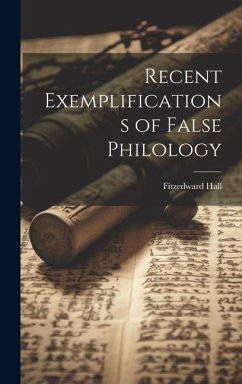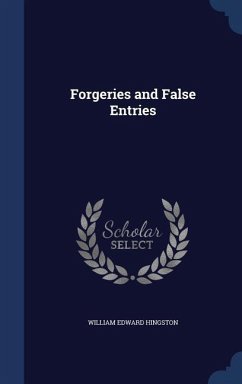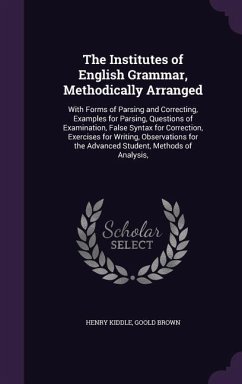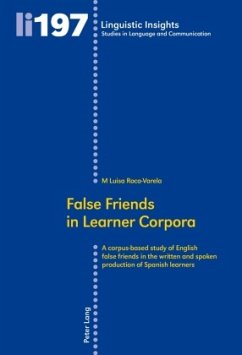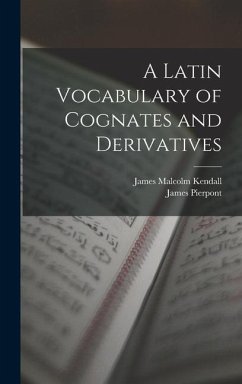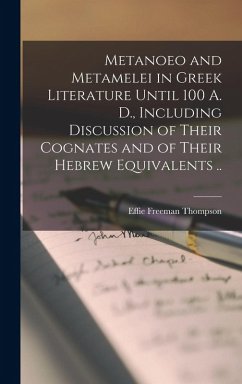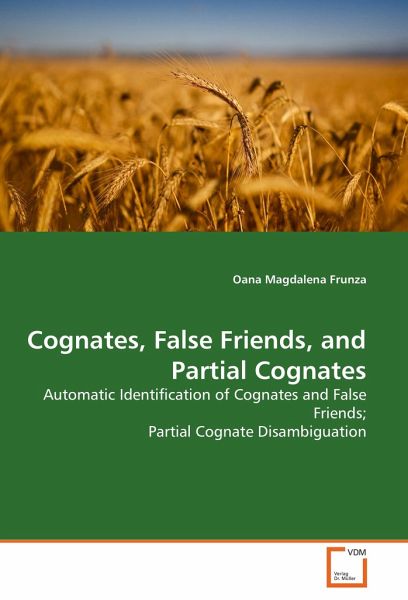
Cognates, False Friends, and Partial Cognates
Automatic Identification of Cognates and False Friends; Partial Cognate Disambiguation
Versandkostenfrei!
Versandfertig in 6-10 Tagen
39,99 €
inkl. MwSt.

PAYBACK Punkte
20 °P sammeln!
Cognates are words in different languages that have similar spelling and meaning. They can help second-language learners with vocabulary expansion and reading comprehension. Special attention needs to be paid to pairs of words that appear similar but are in fact false friends: they have different meanings in all contexts. Partial cognates are pairs of words in two languages that have the same meaning in some, but not all, contexts. Detecting the actual meaning of a partial cognate in context can be useful for Machine Translation and Computer-Assisted Language Learning tools. The book presents ...
Cognates are words in different languages that have similar spelling and meaning. They can help second-language learners with vocabulary expansion and reading comprehension. Special attention needs to be paid to pairs of words that appear similar but are in fact false friends: they have different meanings in all contexts. Partial cognates are pairs of words in two languages that have the same meaning in some, but not all, contexts. Detecting the actual meaning of a partial cognate in context can be useful for Machine Translation and Computer-Assisted Language Learning tools. The book presents research focused on cognate and false-friend words between two pair of languages, French and English. It presents a method that automatically classifies a pair of words from two languages as cognates or false friends. The method uses Machine Learning techniques with several measures of orthographic similarity as features for classification. The book also describes a supervised and a semi-supervised method that uses bootstrapping techniques for disambiguation of partial cognates and an annotation tool designed for this special type of words.





